Email: psgec@vip.163.com | Call Us +86-17723329879
- 2026 6th Power System and Green Energy Conference (PSGEC 2026)
Email: psgec@vip.163.com | Call Us +86-17723329879

Dear Friends and Colleagues,
As the global economy continues to evolve, the imperative to address environmental degradation and mitigate the impacts of climate change has never been more urgent. The large-scale development and utilization of green energy have become pivotal components of energy strategies worldwide. Currently, renewable energy sources such as wind and solar power are experiencing rapid growth and are playing an increasingly significant role in our energy supply. However, integrating these intermittent and variable energy sources into the power system presents substantial challenges.
The 2026 6th Power System and Green Energy Conference (PSGEC 2026) is dedicated to exploring the theme of “Integration and Transformation: Building a New Power System Dominated by Renewable Energy.” This conference will focus on the latest research and technological advancements in power systems and green energy, fostering meaningful exchanges and discussions among scientists, scholars, researchers, and engineers in the power industry. Our goal is to drive the development of innovative solutions that will shape the future of sustainable energy systems.
2026 6th Power System and Green Energy Conference (PSGEC 2026) will be held in Holiday Inn shanghai Hongqiao · Shanghai, China from Aug. 21 to 23, 2026. PSGEC 2026 is organized by Shanghai Jiao Tong University, technically sponsored by IEEE Shanghai Section, Shanghai University of Electric Power, supported by Chongqing University, Global Chinese Power & Energy Society, MDPI Energies, Technical Committee on Digital Twins of Integrated Energy Systems, Simulation Society, and media supported by Journal of Global Energy Interconnection, Global Energy Interconnection, Electric Power, Power System Protection and Control, Electric Power Engineering Technology, Electric Machines and Control Applications, CPSS Transactions on Power Electronics and Applications, Journal of Power Supply, Distributed Energy, Power Generation Technology, Electric Power Automation Equipment, NANFANG NENGYUAN JIANSHE, Integrated Intelligent Energy, Frontiers in Energy, AR Electrical, Beijing Zhongdian Lianbo Technology Co., Ltd, World Electric Vehicle Journal, Smart Power & Energy Security.
We warmly invite prospective authors to submit their latest research and technological contributions to PSGEC 2026. This is an excellent opportunity to share valuable insights and experiences with peers and students from around the globe, contributing to the advancement of knowledge and practice in the field of power systems and green energy.
We look forward to welcoming you to PSGEC 2026 in Shanghai!
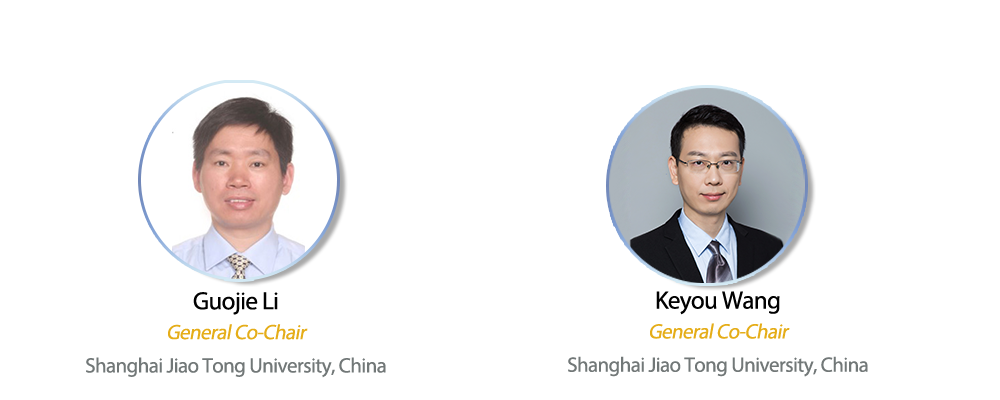
Jan. 09, 2026--The Special Sessions of PSGEC 2026 have been released! (details) ![]()
Oct. 21, 2025--PSGEC 2025 conference proceeding has been indexed by EI compendex and Scopus! (details) ![]()
Oct. 20, 2025--CFP flyer has been released! Downloading Link ![]()
Sept. 12, 2025--PSGEC 2025 conference proceeding has been included in IEEE Xplore! (online link)!
![]()
Aug, 24, 2025--PSGEC 2026 conference is calling for paper! ![]()
Aug, 24, 2025--PSGEC 2025 conference has been held in Hong Kong (Main Venue) and Shenzhen(Branch Venue) successfully! (Details)![]()
Dec, 03, 2025--PSGEC 2026 is listed in IEEE Conference List! (link)![]()
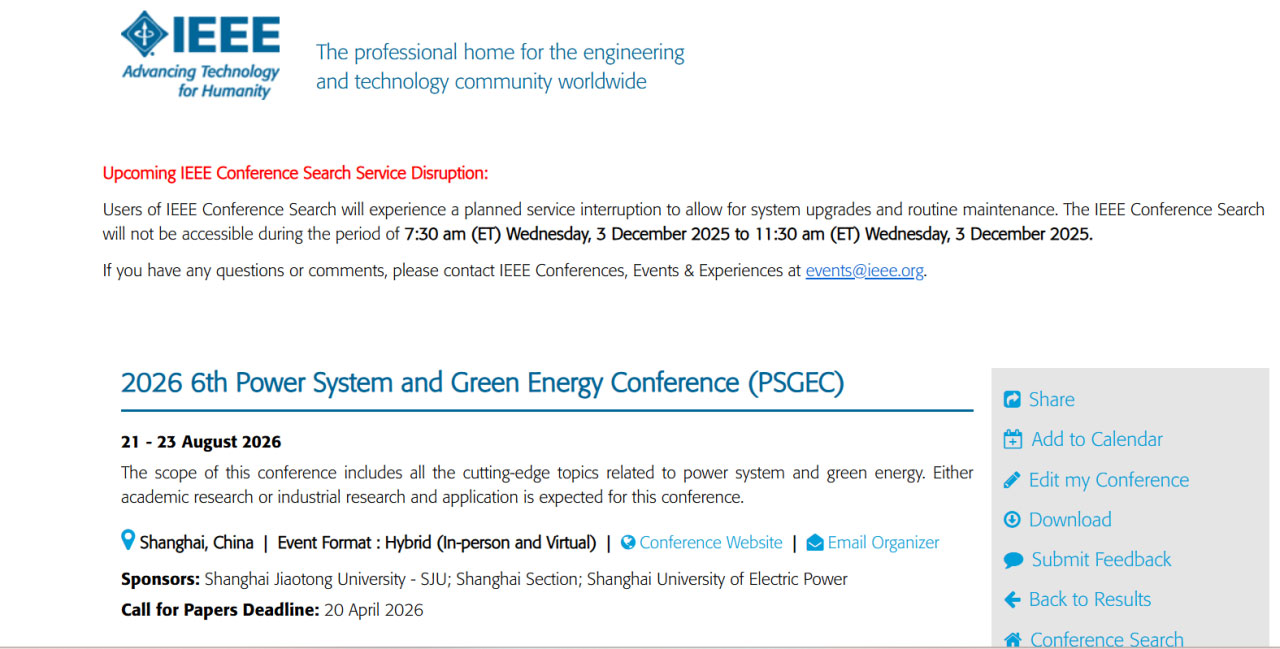
• AI Applications in Power Systems
• Diagnostics & Condition Monitoring
• Distributed Generation
• Electrical Machines and Transformers
• Electricity Market and Power System Economics
• Energy Storage, Fuel Cell Technologies, and Trends
……
The papers should adhere to the Template! Author can choose from templates listed as follows:
3) Full Paper Template(MS Word)
Round Two*
Full Paper Submission Deadline(For Author):
Apr. 20, 2026
Notification Of Acceptance:
May 20, 2026
Registration Deadline:
June 20, 2026
1) All the accepted and presented papers will be submitted for inclusion into IEEE Xplore (ISBN: 979-8-3315-4734-9) subject to meeting IEEE Xplore’s scope and quality requirements. The publisher will submit articles to Engineering Village, Scopus, Web of Science and other databases for review and indexing after publication.
2) Selected papers with great extension will be recommended to publish in international journals.



All the papers will be peer reviewed, and each paper will be peer reviewed by 2-3 experts. It takes 20-30 days for the result coming out. If the paper needs revising, it should be resubmited for peer review again.
Authors can submit manuscripts through Electronic Submission System only.
Please click following link:
This is a tentative program for reference only, program is subject to final confirmation.
The Release Time of Program Overview: Middle July, 2026
The Release Time of Final program: Early August, 2026
Fast link to check program overview
Chair: 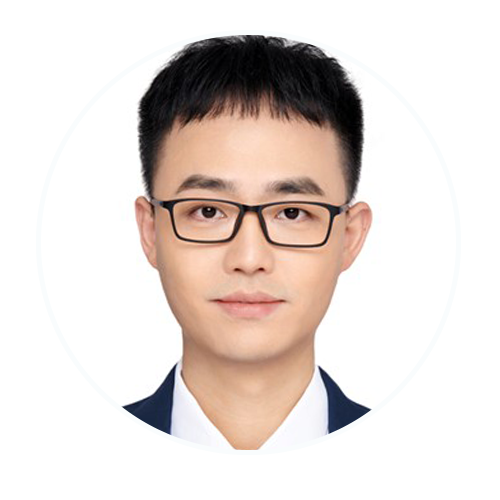 Assoc. Prof. Chuan He, Sichuan University, China
Assoc. Prof. Chuan He, Sichuan University, China
Vice Chair:  Assoc. Prof. Lu Nan, Sichuan University, China
Assoc. Prof. Lu Nan, Sichuan University, China
Chair:  Prof. Sheng Chen, Hohai University, China
Prof. Sheng Chen, Hohai University, China
Vice Chair:  Assoc. Prof. Si Lv, Nanjing University of Posts and Telecommunications, China
Assoc. Prof. Si Lv, Nanjing University of Posts and Telecommunications, China
Vice Chair: 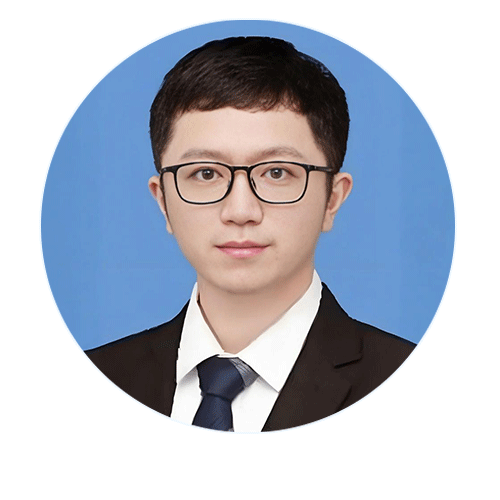 Assoc. Prof. Chuanshen Wu, Hohai University, China
Assoc. Prof. Chuanshen Wu, Hohai University, China
Chair:  Associate Researcher Tengfei Ma, Institute of Electrical Engineering, Chinese Academy of Sciences, China
Associate Researcher Tengfei Ma, Institute of Electrical Engineering, Chinese Academy of Sciences, China
Vice Chair: 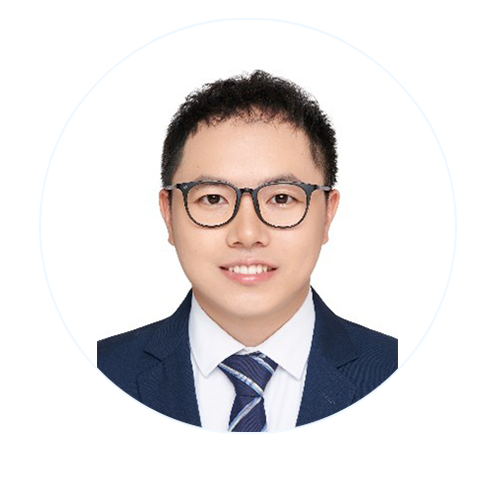 Assoc. Prof. Hongjun Gao, Sichuan University, China
Assoc. Prof. Hongjun Gao, Sichuan University, China
Vice Chair: 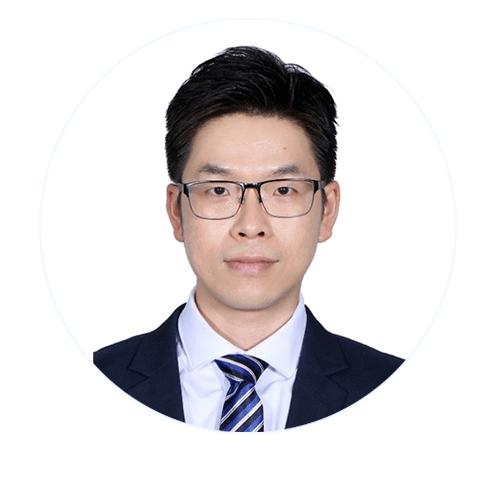 Assis. Prof. KENG WENG LAO, University of Macau, China
Assis. Prof. KENG WENG LAO, University of Macau, China
Vice Chair: 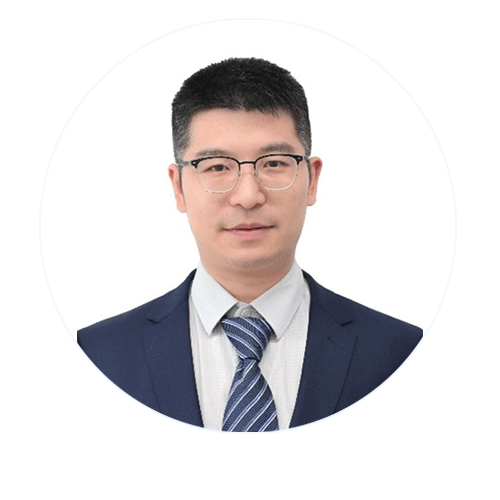 Haibo Li, Sichuan Energy Internet Research Institute Tsinghua University, China
Haibo Li, Sichuan Energy Internet Research Institute Tsinghua University, China
Chair: 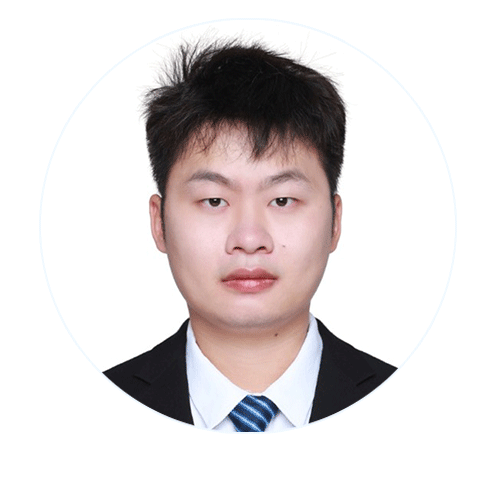 Postdoctoral Fellow Yuxin Liu, City University of Hong Kong, HKSAR, China
Postdoctoral Fellow Yuxin Liu, City University of Hong Kong, HKSAR, China
Vice Chair:  Postdoctoral Fellow Yong Chen, City University of Hong Kong, HKSAR, China
Postdoctoral Fellow Yong Chen, City University of Hong Kong, HKSAR, China
Vice Chair: 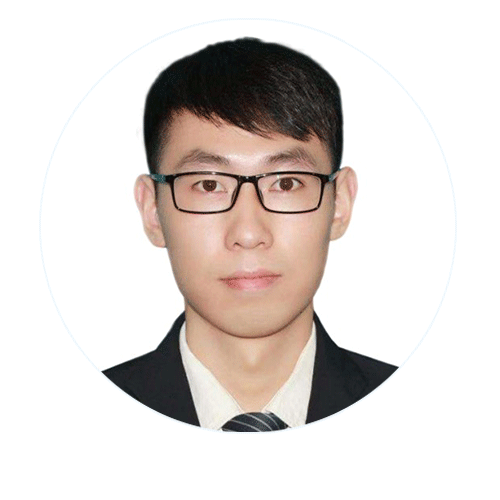 Associate Researcher Yongcan Huang, City University of Hong Kong (Dongguan), China
Associate Researcher Yongcan Huang, City University of Hong Kong (Dongguan), China
Vice Chair: 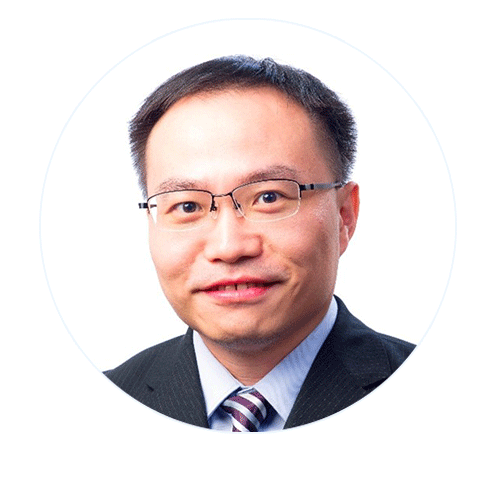 Prof. Chunhua Liu, City University of Hong Kong, HKSAR, China
Prof. Chunhua Liu, City University of Hong Kong, HKSAR, China
Chair:  Assoc. Prof. Huirong Zhao, Shanghai University of Electric Power, China
Assoc. Prof. Huirong Zhao, Shanghai University of Electric Power, China
Vice Chair: 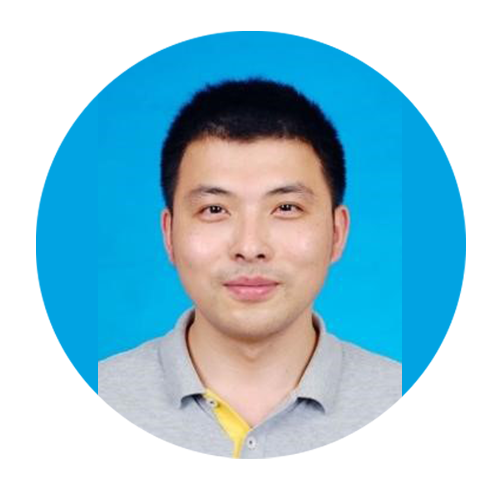 Assoc. Prof. Licheng Wang, Shanghai University of Electric Power, China
Assoc. Prof. Licheng Wang, Shanghai University of Electric Power, China
Vice Chair: 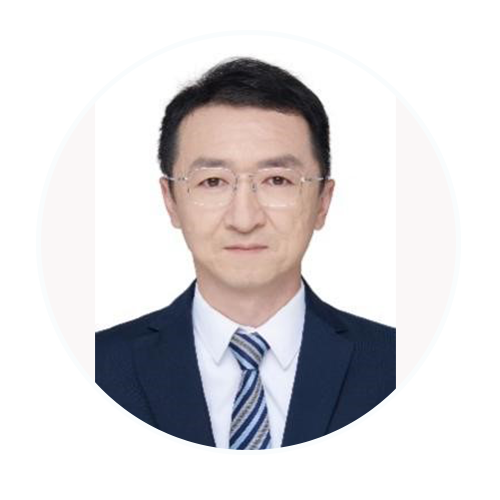 Assoc. Prof. Bogang Qu, Shanghai University of Electric Power, China
Assoc. Prof. Bogang Qu, Shanghai University of Electric Power, China
Vice Chair: 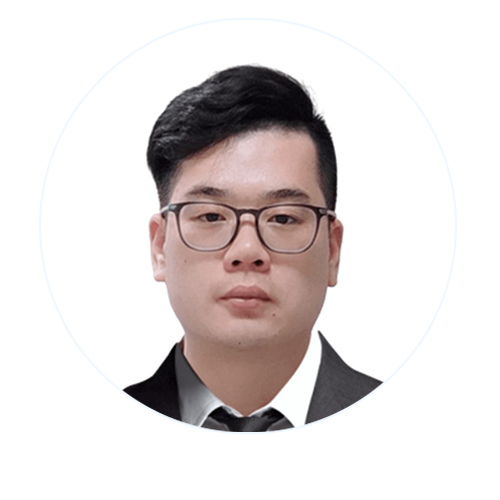 Lecturer Danhao Wang, Shanghai University of Electric Power, China
Lecturer Danhao Wang, Shanghai University of Electric Power, China
Chair: 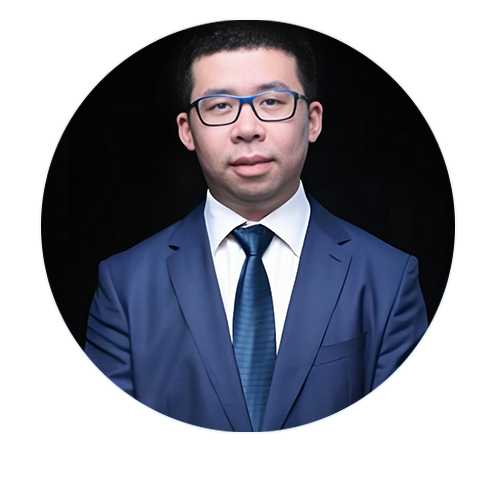 Assoc. Prof. Jiehui Zheng, South China University of Technology, China
Assoc. Prof. Jiehui Zheng, South China University of Technology, China
Vice-Chair: 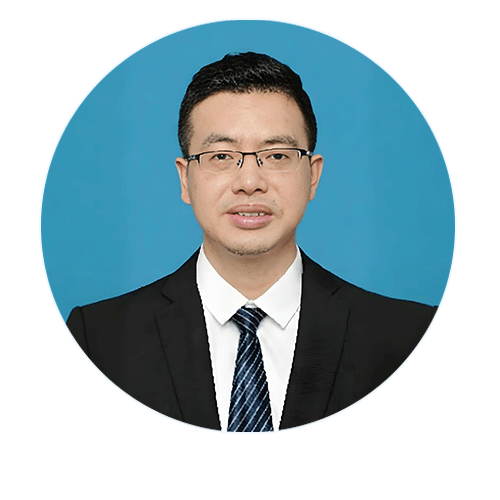 Prof. Yuanzheng Li, Huazhong University of Science and Technology, China
Prof. Yuanzheng Li, Huazhong University of Science and Technology, China
Chair:  Assoc. Prof. Xu Jin, Shanghai Jiao Tong University, China
Assoc. Prof. Xu Jin, Shanghai Jiao Tong University, China
Vice-Chair:  Postdoctoral Fellow Wu Pan, Shanghai Jiao Tong University, China
Postdoctoral Fellow Wu Pan, Shanghai Jiao Tong University, China
Chair:  Dr. Mayur Bhoyar, Jagadambha College of Engineering and Technology Yavatmal, India
Dr. Mayur Bhoyar, Jagadambha College of Engineering and Technology Yavatmal, India
Vice Chair: 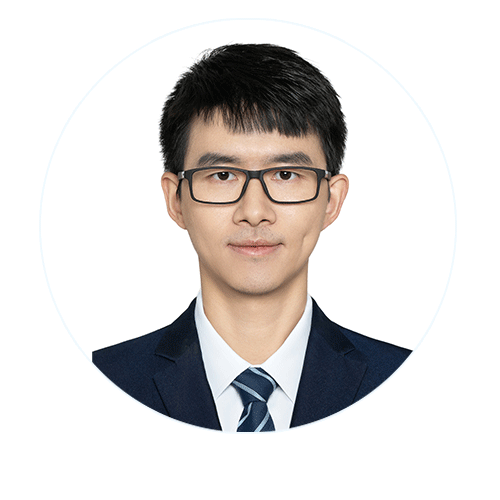 Dr. Weiwei Jiang, Beijing University of Posts and Telecommunications, China
Dr. Weiwei Jiang, Beijing University of Posts and Telecommunications, China
Vice Chair:  Dr. Mujtaba M. Momi, American University of the Middle East (AUM), Kuwait
Dr. Mujtaba M. Momi, American University of the Middle East (AUM), Kuwait
Chair:  Dr. Xiaoyong Cao, Shanghai Jiao Tong University, China
Dr. Xiaoyong Cao, Shanghai Jiao Tong University, China
Vice Chair: 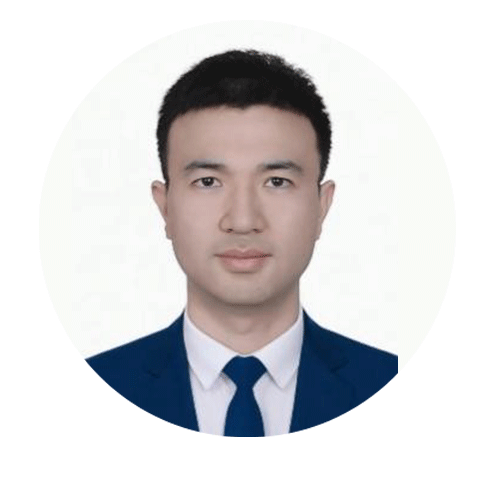 Assoc. Prof. Hao Bai, Northwest Polytechnical University, China
Assoc. Prof. Hao Bai, Northwest Polytechnical University, China
Vice Chair: 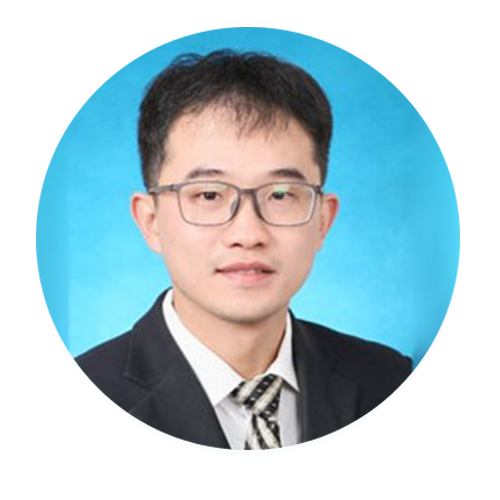 Assis. Prof. Pengfeng Lin, Shanghai Jiao Tong University
Assis. Prof. Pengfeng Lin, Shanghai Jiao Tong University
Chair: 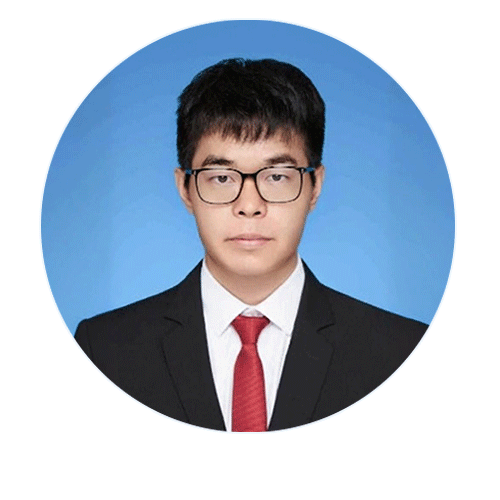 Assistant Research Fellow Mingxu Xiang, Chongqing University, China
Assistant Research Fellow Mingxu Xiang, Chongqing University, China
Vice-Chair:  Assistant Research Fellow Yi Wang, Chongqing University, China
Assistant Research Fellow Yi Wang, Chongqing University, China
Chair:  Prof. Lili Hao, Nanjing Tech University, China
Prof. Lili Hao, Nanjing Tech University, China
Vice Chair: 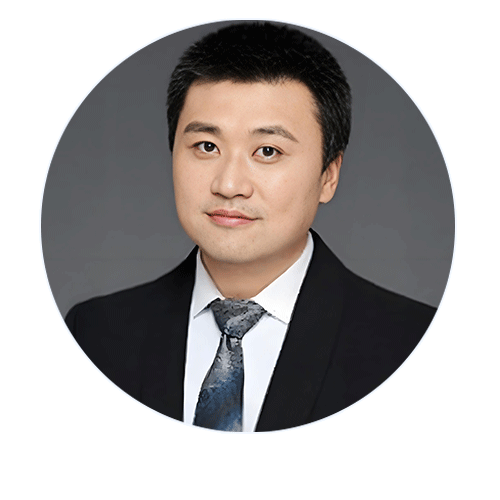 Prof. Hui Liu, Nanjing University of Information Science and Technology, China
Prof. Hui Liu, Nanjing University of Information Science and Technology, China
Vice Chair: 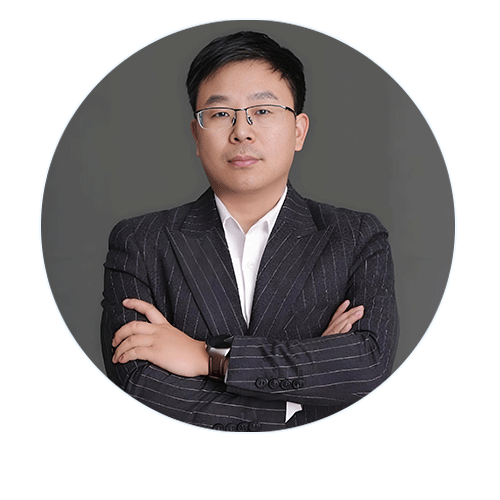 Assoc. Prof. Hui Ge, Nanjing University of Posts and Telecommunications, China
Assoc. Prof. Hui Ge, Nanjing University of Posts and Telecommunications, China
Please click the link for more detailed information of special sessions. The information of special session keep updating……